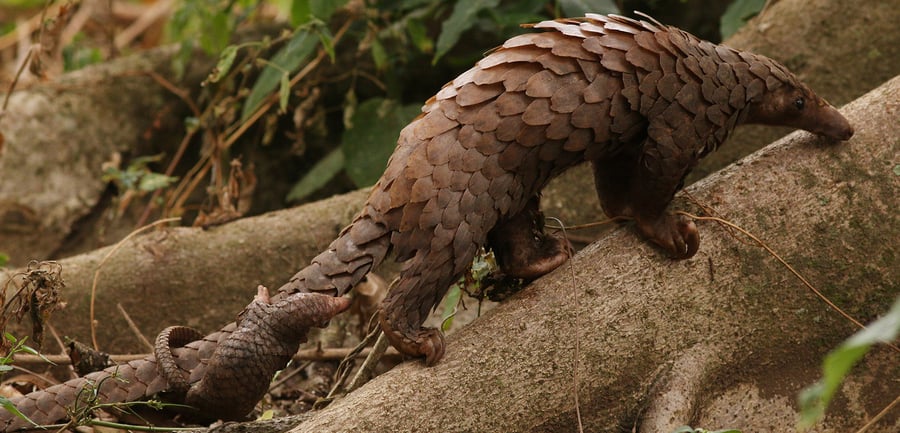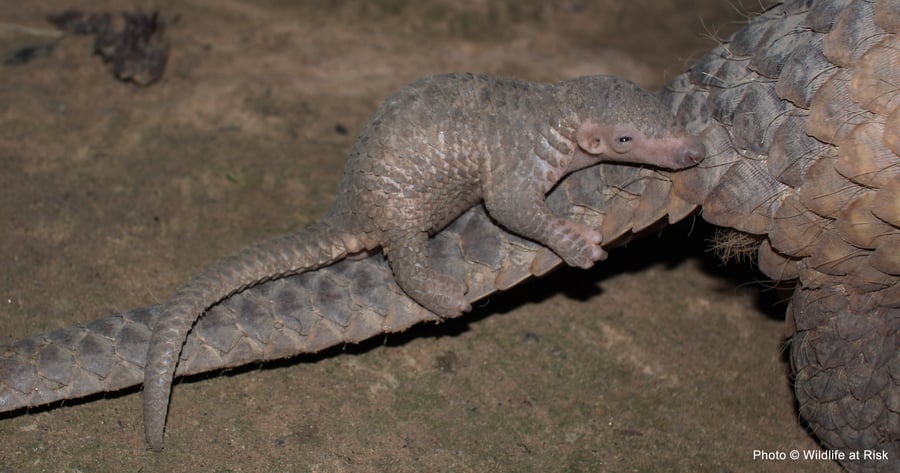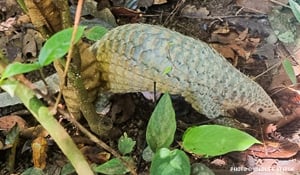The Role of Pangolin Fathers in Saving a Species

Greater Good Charities has been supporting conservation activities in Vietnam for a couple of years through its collaboration with top Vietnamese conservation organization, Wildlife at Risk (WAR), to aid in endangered species conservation, including trafficked pangolins. One component of these activities is a breeding program at WAR’s sanctuary in Vietnam.

Pangolins are known as one of the most trafficked species in the world and all eight species of Pangolins are endangered. Their meat is considered a delicacy in some parts of the world and their scales are believed to have medicinal value. (Pangolin scales are made of keratin—the same material found in human fingernails—and have no proven health benefits.)
Protecting pangolins goes beyond rescue. One vital strategy for ensuring their survival is captive breeding—bringing males and females together in controlled environments to encourage healthy reproduction.

At the WAR sanctuary in Vietnam, experts are protecting pangolins rescued from trafficking and providing them with enclosures that mimic their habitat in the wild. Thanks to this dedicated work, two young pangolins have recently been born at the sanctuary and are thriving under expert care.
Breeding programs for pangolins take some time to build. Pangolins only mate once a year and only have 1-3 offspring at a time. This makes every birth especially meaningful, and long-term support critical to the program’s success.
%20copy.png?width=700&height=467&name=Pangolin-WAR-2nd-One-DT%20(2)%20copy.png)
In the wild and in sanctuaries, male pangolins play a role in species conservation too. This Father’s Day, we’re celebrating not just human dads—but pangolin papas and all the caregivers who are helping protect endangered wildlife around the world.
Your support makes conservation possible. By donating today, you’re helping safeguard pangolins and other species at risk of extinction. Together, we can protect biodiversity and give these incredible animals the chance to thrive.
Honor a father figure in your life by making a gift to support wildlife conservation today.


.jpeg)